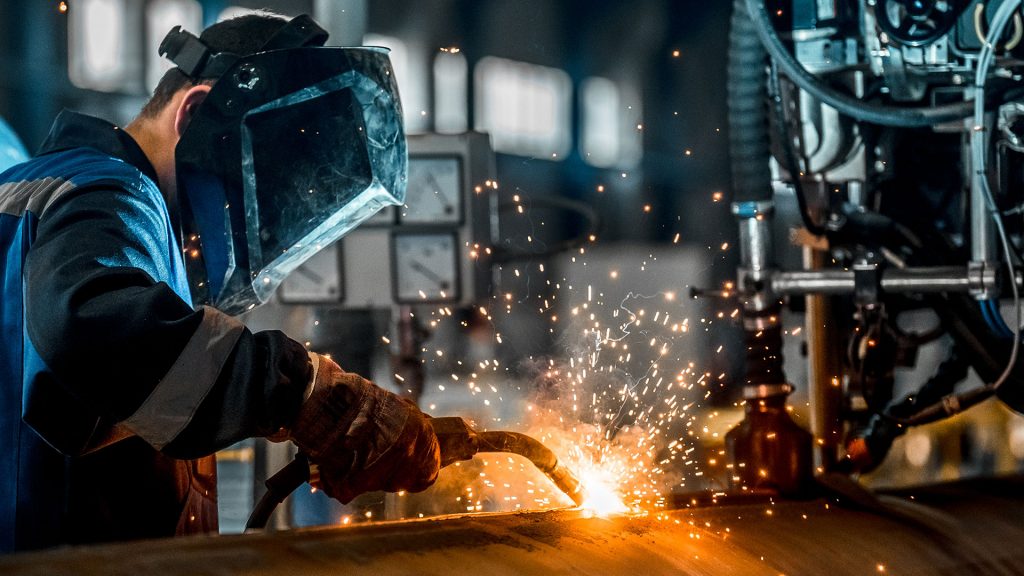Training received through the apprenticeship includes ventilation, air conditioners and controls, general sheet metal work. Hotel, restaurant kitchen equipment, architectural sheet metal work, industrial sheet metal work, warm-air furnace and heating equipment, electric sign construction, operation of hand tools and power machinery. Handling of special materials, specialty installation and specialty work. Computer & C.A.D., welding, drafting and textbooks are included in training.
Local 263 also has a residential three year training program consisting of on-the-job training and a minimum of 94 hours of supplemental classroom training similar to commercial applications but limited to a maximum of four story dwellings or single family dwellings.
All apprentices and journeypersons are licensed to install when required.
- Must be a high school graduate or equivalent
- Must have good school attendance
- Must have background in reading and math
- Must be a U.S. citizen or in the process of becoming one
- Construction work background helpful
A Sheet Metal Worker should have above average mechanical and mathematical ability. They also need hand-eye coordination, spatial and form perception, good eyesight and manual dexterity. An applicant to the apprenticeship program should like and have the ability for shop courses, mechanical drawing, and basic algebra. Assets in sheet metal work include patience, dependability, accuracy and an ability to get along well with others.
After submitting an application, the candidate will go through an interviewing process with the Joint Apprenticeship Committee. The Committee rates all qualified applicants and places potential candidates on a list according to rank order of scores. The Joint Apprenticeship Committee begins placement of apprenticeships based on need and demand in the area.

Matt Mutert
Training Coordinator

Nick Green
Lead Instructor


